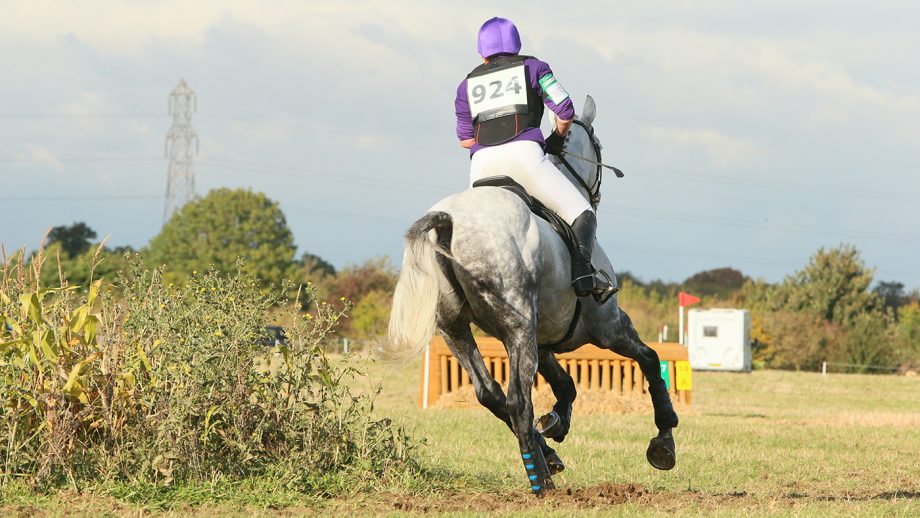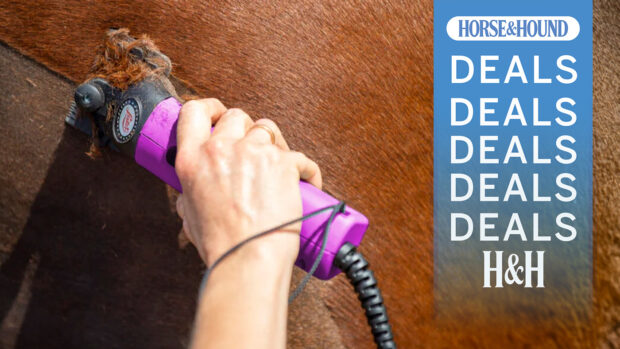Owners are prioritising care for their horses above themselves, results of a recent cost-of-living survey by welfare charities and organisations have revealed.
A group of National Equine Welfare Council (NEWC) members, led by Redwings Horse Sanctuary, carried out the survey in December 2022 and January 2023 with the support of a consultant researcher. It found that almost one in five of the 8,000-plus owners surveyed said they are having to consider difficult decisions, such as sale, sharing or euthanasia of their horses, owing to rising costs.
Just under 20% of respondents said they had cut spending on horse care, and almost 50% said they had reduced expenditure in other areas of their life to help pay for their horses’ care.
Anonymised quotes within the survey highlighted concerning ways some owners were cutting back on their own essentials, to care for their horses.
“My animals come first. I have mitigated [the] impact on them by foregoing things such as heating, dental care and eye test/new glasses for me,” stated one.
Another added: “This winter I made the decision to go without heating and hot water and change my own eating to be able to provide the same level of care for both my horse and dog.”
A small “but worrying” proportion of respondents said they were already unable to provide basic care for their horses owing to rising costs.
“While this group makes up less than 1% of survey respondents, this still equates to 55 individuals struggling to care for horses in difficult circumstances,” stated the report.
The survey found more than 40% were affected by the cost of living at the time of completing the survey; over 70% anticipated being directly impacted by high costs in coming months; and more than 60% were concerned about horse care finances through 2023.
When asked about financial strategies people were using to help them care for their horses, far fewer respondents were willing or able to reduce horse care costs compared to cutting costs in other areas of their life. The report states that this shows “horse care is generally a high priority”.
But the report found “there is no doubt” that despite owners’ best efforts, “financial pressures are affecting horse care decisions and ultimately equine welfare”.
Lynn Cutress, Redwings chief executive, told H&H the group was “very struck” not only by the impact that living costs are having on horse owners, but the sacrifices people are making to continue meeting their horses’ needs.
“People are taking on extra work, selling possessions or using credit to cope, but many are still having to make difficult decisions around preventative healthcare, veterinary treatment and horse management,” she said.
“The anxiety involved in these choices is testament to the vital role horses have in the lives of those who love them. They are more than a hobby, they are family members, a passion, a purpose and a source of wellbeing.
“We know many owners have always lived frugally in order to keep much-loved horses in their life, meaning there is often limited room for further cost-saving in tough times. With more than 40% saying their horse care was affected by cost-of-living pressures at the beginning of the year, the number of people in this position is likely to have risen since.”
Ms Cutress added that Redwings is “particularly concerned” about how people will cope going into another winter, and the potential effect on the welfare of horses and owners.
“The economic climate is also having a huge impact on charities and the wider sector, but we will always try to support struggling individuals where we can,” she said.
A total of 90% of respondents said they have experienced price rises for horse feed, forage, bedding and fuel – of these, more than 90% said it had affected their horse care budget.
NEWC chairman Carolyn Madgwick said the council has been “a united voice” on equine welfare matters for more than three decades, and members have “seen for themselves” how sharply horse care costs have risen.
“Sadly, the situation is only going to worsen with the interest rate increase announced [in June], which is sure to have a huge impact on a lot of owners,” said Mrs Madgwick.
The report also found that some management changes – such as increased turnout, reducing hard feed and rugging – “could be having a positive impact” on welfare of individual horses. Many owners also reported switching from routine worming to using faecal worm egg counts.
Another survey focused on equine welfare establishments, carried out by World Horse Welfare on behalf of NEWC, found almost half of the 36 centres involved will minimise equine intakes.
Mrs Madgwick added: “It is a deeply worrying time for our members, who know they are often the last hope for equines in need.
“While only a small number of horse owners said they had already reached a point where they were unable to meet their horses’ basic care needs, many owners are having to reduce their routine preventative healthcare practices, increasing the risk of issues arising that they may struggle to afford to address.”
You might also be interested in:

Subscribe to Horse & Hound magazine today – and enjoy unlimited website access all year round

Compete or train? How the cost of living is having an impact on the horse world

Cost of living concerns as welfare charity reports ‘steep’ rise in calls from worried owners

‘It’s a false economy’: owners urged not to scrimp on horse care as cost of living crisis continues

Rising bills and winter on its way: how cost of living crisis is hitting the horse world
Horse & Hound magazine, out every Thursday, is packed with all the latest news and reports, as well as interviews, specials, nostalgia, vet and training advice. Find how you can enjoy the magazine delivered to your door every week, plus options to upgrade your subscription to access our online service that brings you breaking news and reports as well as other benefits.





